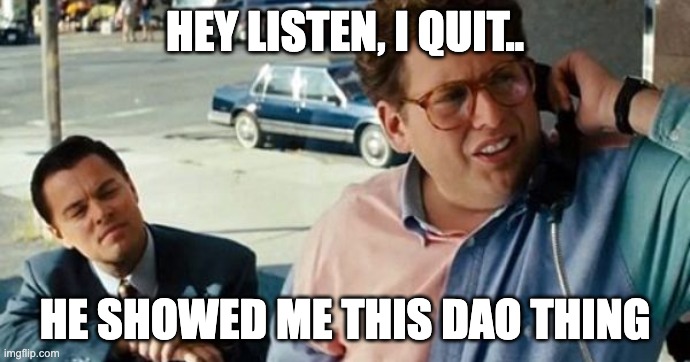3.0 KiB
| description |
|---|
| Exploring fractional ownership in Web3, combining NFTs and DeFi for co-ownership of data IP and tokenized DAOs for collective data management. |
Fractional Ownership
Fractional ownership represents an exciting subset within the realm of Web3, combining the realms of NFTs and DeFi. It introduces the concept of co-owning data intellectual property (IP).
Ocean offers two approaches to facilitate fractional ownership:
- Sharded Holding of ERC20 Datatokens: Under this approach, each holder of ERC20 tokens possesses the typical datatoken rights outlined earlier. For instance, owning 1.0 datatoken allows consumption of a particular asset. Ocean conveniently provides this feature out of the box.
- Sharding ERC721 Data NFT: This method involves dividing the ownership of an ERC721 data NFT among multiple individuals, granting each co-owner the right to a portion of the earnings generated from the underlying IP. Moreover, these co-owners collectively control the data NFT. For instance, a dedicated DAO may be established to hold the data NFT, featuring its own ERC20 token. DAO members utilize their tokens to vote on updates to data NFT roles or the deployment of ERC20 datatokens associated with the ERC721.
It's worth noting that for the second approach, one might consider utilizing platforms like Niftex for sharding. However, important questions arise in this context:
- What specific rights do shard-holders possess?
- It's possible that they have limited rights, just as Amazon shareholders don't have the authority to roam the hallways of Amazon's offices simply because they own shares
- Additionally, how do shard-holders exercise control over the data NFT?
These concerns are effectively addressed by employing a tokenized DAO, as previously described.

DAO
Data DAOs present a fascinating use case whenever a group of individuals desires to collectively manage data or consolidate data for increased bargaining power. Such DAOs can take the form of unions, cooperatives, or trusts.
Consider the following example involving a mobile app: You install the app, which includes an integrated crypto wallet. After granting permission for the app to access your location data, it leverages the DAO to sell your anonymized location data on your behalf. The DAO bundles your data with that of thousands of other DAO members, and as a member, you receive a portion of the generated profits.
This use case can manifest in several variations. Each member's data feed could be represented by their own data NFT, accompanied by corresponding datatokens. Alternatively, a single data NFT could aggregate data feeds from all members into a unified feed, which is then fractionally owned through sharded ERC20 tokens (as described in approach 1) or by sharding the ERC721 data NFT (as explained in approach 2). If you're interested in establishing a data union, we recommend reaching out to our associates at Data Union.